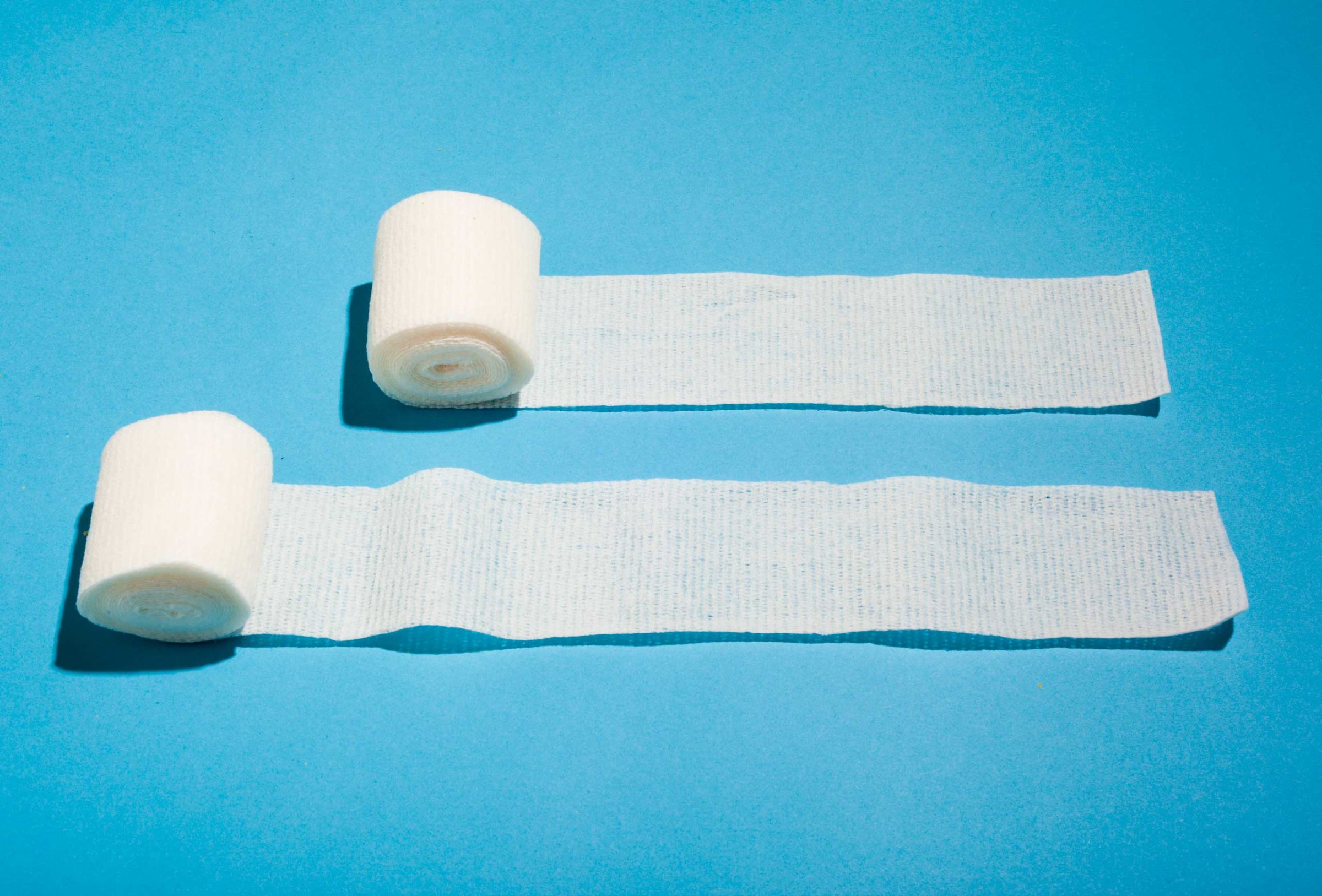
Until recently, experts believed the lining of your gut was more or less a wall of densely packed cells. Small nutrients could squeeze between those cells and enter your bloodstream, but bacteria and large food molecules were turned away.
This thinking made good sense. After all, if your intestines were porous, they wouldn’t be an effective barrier against all of the potentially harmful stuff you swallow.
But like everything else involving your gut—from its bacterial makeup to the benefits of probiotics—new research has shifted or shattered many of science’s old notions. The latest studies suggest the lining of your gut is a dynamic structure: one that may grant even big-enough microorganisms or food particles access to your bloodstream.
“We now believe that under certain circumstances, fissures open up in the intestinal barrier that may allow things to get through,” says Dr. Alessio Fasano, director of the Mucosal Immunology and Biology Research Center at Massachusetts General Hospital in Boston.
Fasano has spent three decades studying the gut and its role in human health. In 2000, he and his team discovered “zonulin,” a gut protein that regulates the openings between the cell walls in your intestine. Like a microscopic garage door opener, zonulin can widen or tighten these openings. This discovery—along with subsequent findings from other research teams—has produced what Fasano calls a “paradigm shift” in the scientific community’s understanding of the gut and how it functions.
“For a long time, we couldn’t explain how the large molecules that cause allergies or autoimmune diseases got from your gut into your body,” he says. “There’s still a lot of debate over this, but it appears gaps may sometimes form between the cells that may allow larger molecules through.”
He says your genes likely help determine when and where these gaps appear, and also whether the particles that slip through produce an adverse reaction.
The “tight junctions” between the cells lining your gut may also break down if the microbiotic makeup of your gut is out of whack, says Dr. Carl Hulston, a nutrition lecturer with the University of Loughborough in the UK. Hulston’s research has looked at the potential role of probiotics in shoring up these gut-wall breaches.
So-called “leaky gut syndrome” is legit, and likely plays a role in food allergies, type-1 diabetes, Celiac disease, Crohn’s disease, irritable bowel syndrome and other digestion-related maladies, Fasano says. But at the same time, he says the term “leaky gut” has for decades been “used and abused” by some alternative medicine practitioners who—without scientific evidence—cited it as the cause of everything from autism to cancer.
As a result, “the scientific community vilified the idea of leaky gut,” Fasano says. Despite the growing body of evidence, many medical practitioners are still coming to grips with the fact that leaky gut is a legitimate contributor to some ailments.
At the same time, when it comes to conditions such as autism, Fasano says he’s “skeptical” leaky gut is to blame. “I try not to speak in extremes—to say that this or that is impossible—because experience has taught me that this isn’t prudent,” he says. “But there’s no solid evidence yet of a connection between leaky gut and autism.”
More Must-Reads From TIME
- The 100 Most Influential People of 2024
- How Far Trump Would Go
- Scenes From Pro-Palestinian Encampments Across U.S. Universities
- Saving Seconds Is Better Than Hours
- Why Your Breakfast Should Start with a Vegetable
- 6 Compliments That Land Every Time
- Welcome to the Golden Age of Ryan Gosling
- Want Weekly Recs on What to Watch, Read, and More? Sign Up for Worth Your Time
Contact us at letters@time.com